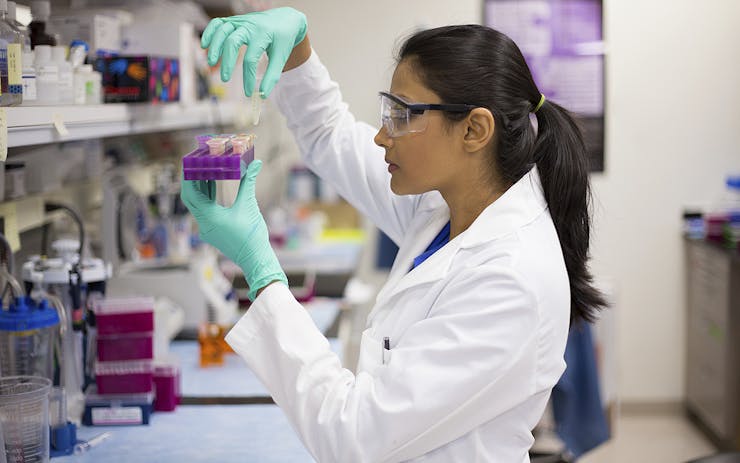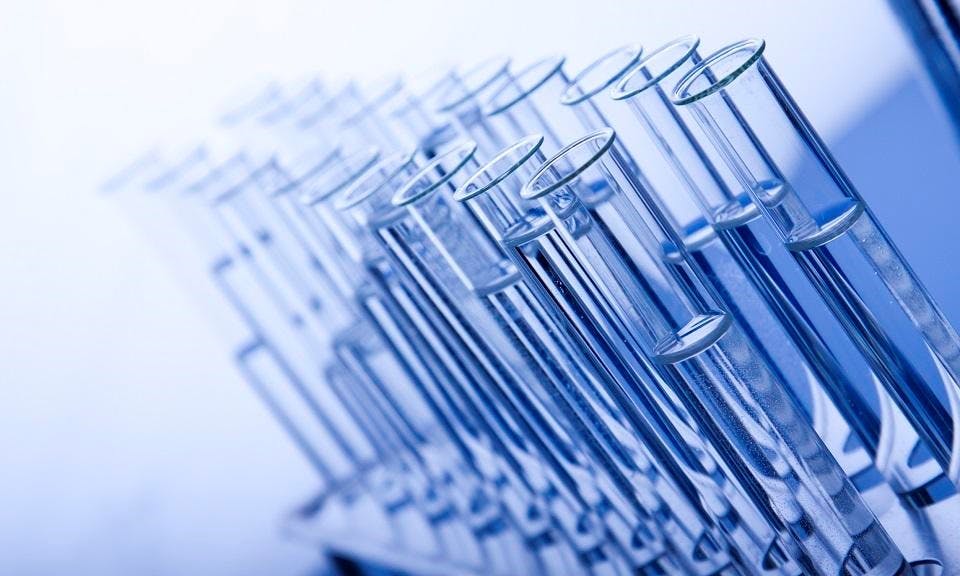Cannabinoids are chemical compounds that take their name from the cannabis plant. They occur naturally in our bodies (endocannabinoids), in plants (phytocannabinoids), and artificially (synthetic cannabinoids). They have a broad range of effects on not only our brains, but also our liver, muscles, and other parts of the body.
Of the 113 active cannabinoids discovered in cannabis plants so far, you’re probably most familiar with tetrahydrocannabinol, or THC, the psychoactive cannabinoid responsible for the
high commonly associated with cannabis. You might have also heard of cannabidiol, or CBD, which is non-intoxicating. The names of the other 111 are inventive variants of the cannabi- prefix.
So far, most medical research into cannabinoids has focused on the potential therapeutic applications of CBD. This is partly due to its abundance—while different strains of cannabis plants contain differing amounts of each cannabinoid, CBD is a major chemical component of several strains. Because CBD is non-intoxicating, it has been used in a range of medical applications where the psychoactive effects of THC are not desirable.
But CBD has a lesser-known cannabinoid cousin called cannabidivarin, or CBDV. The chemical structure of CBD and CBDV is similar but distinct; CBDV is a shorter compound, with two fewer methylene bridges. Although CBDV was first isolated in 1969, there have been no clinical trials focusing on the medical applications of CBD’s little cousin until recently.
In fact, it wasn’t until 2012 and 2013 that groundbreaking studies in the British Journal of Pharmacology and PeerJ demonstrated first behavioral and then molecular evidence that CBDV reduced or prevented seizures in rats. The studies used CBDV extracted and supplied by British pharmaceutical company GW Pharma, which manufactures a range of cannabinoid products.
Now GW Pharma hopes to unlock the anticonvulsant potential of CBDV in Australian clinical trials involving epilepsy patients. The pharmaceutical giant is conducting clinical trials of its CBD product Epidiolex in Australian states New South Wales and Queensland to determine whether the product is effective for children suffering from severe, treatment-resistant childhood epilepsy disorders, such as Dravet syndrome. Governments in both states are providing funding for the trials.
Balancing the beneficial properties of new drugs and treatments against unwelcome side effects is an ongoing problem for medical and pharmaceutical researchers. Different patients can react differently to the same dose of the same drug, and sometimes a treatment’s cost outweigh its benefits. Epilepsy has been a particularly challenging disease to treat—early drugs like phenobarbital came with heavy sedative effects, and even today there are few anti-epileptic drugs with no side effects.
CBD, however, has given hope to researchers and patients due to its relative lack of adverse side effects. Early indicators also suggest it may be effective at combating particularly severe, drug-resistant forms of childhood epilepsy. GW Pharma hopes that the distinct chemical structure of CBDV will make it another viable alternative for the treatment of epilepsy. Trials of the unique compound may lead to the development of better-tolerated anti-epileptic drugs.
Early signs are promising: A Phase 1 trial of the drug in 2014 found CBDV was well tolerated at the highest-tested dose, with no “serious or severe adverse events.”
With state governments throwing their backing behind clinical trials like these, Australia is moving into a world-leading position in medical cannabis research. Success in these trials will provide deeper insight into the way CBDV functions in the body compared to CBD. And the results could spark interest in other lesser-known cannabinoids, encouraging further research into their specific medical applications.







